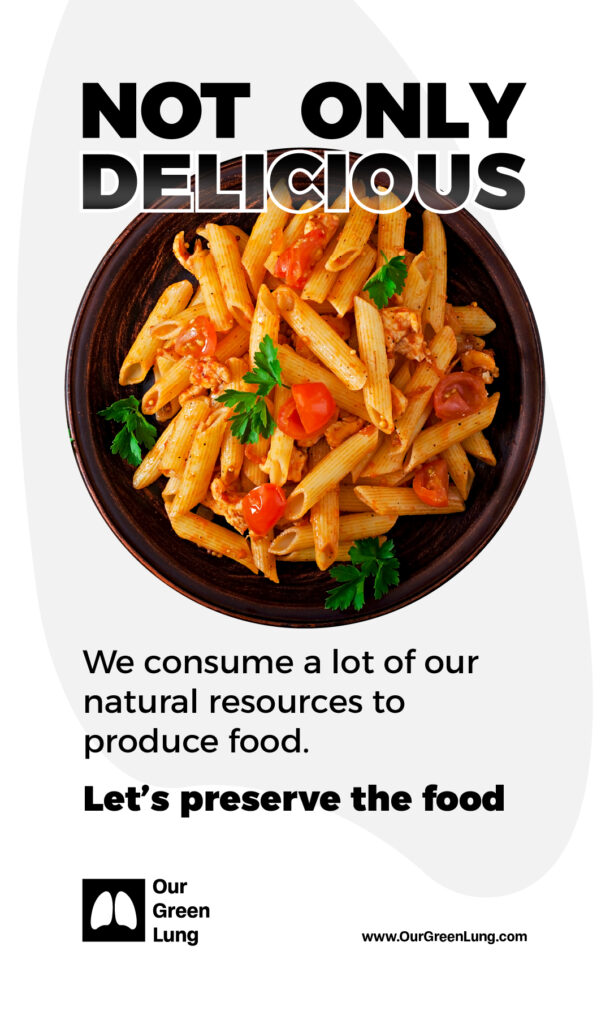Food waste means more harm to the environment

Food waste is a growing global issue that is becoming more serious every day. It causes significant environmental damage, in addition to its negative impact on the economy and society. Despite ongoing efforts to reduce food waste, large amounts of food are still being wasted daily, posing a major challenge. Food waste is a complex problem that goes beyond just throwing away food. It has wider environmental effects, starting from the consumption of natural resources to the release of harmful greenhouse gases.
According to the Food and Agriculture Organization (FAO), about 1.3 billion tons of food are wasted each year globally. This huge amount reflects major issues in production, distribution, and consumption systems. Food waste is not limited to wealthy countries with high consumption levels, but also affects developing countries, which face challenges in storage and poor post-harvest management. The FAO has highlighted these issues in its global report on food waste.
Food waste worsens many environmental problems. Producing food requires massive resources, such as water, land, and energy for farming and transportation. When food is wasted, these resources are wasted too. For example, the FAO reported that about 250 km³ of water is wasted every year because of food waste. This amount could meet the needs of millions of people.

Additionally, when food is wasted, it decomposes in landfills and produces methane gas, a powerful greenhouse gas that contributes to global warming. According to FAO estimates, food waste is responsible for about 8% of global greenhouse gas emissions, making it one of the key contributors to climate change.
To reduce the environmental damage caused by food waste, effective actions must be taken at all levels from individuals to governments. Solutions include raising awareness among consumers about the importance of reducing food waste, improving food storage at home, and making smarter purchasing decisions. Governments and companies also need to improve food supply chains to reduce waste during production and distribution. This was recommended by the United Nations Conference on Trade and Development (UNCTAD), which emphasized the need to improve food supply chains, especially in developing countries, to minimize waste.
Food waste is not just an economic or social issue, but a major environmental challenge. Every piece of wasted food represents unnecessary use of natural resources and the production of harmful gases. Therefore, taking serious steps to reduce food waste should be a priority for both individuals and governments if we want to protect our planet for future generations.

